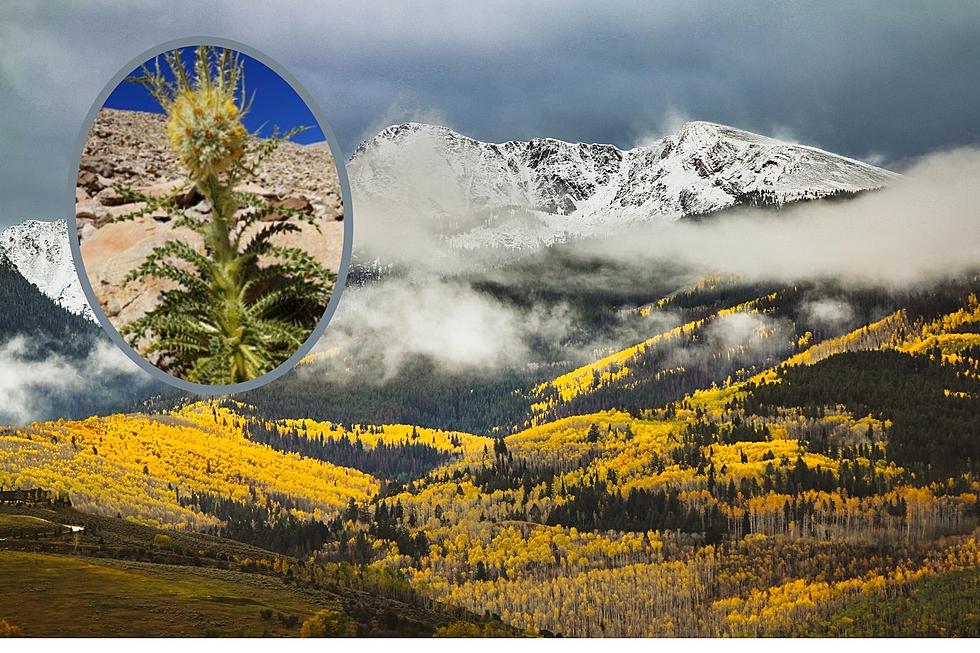
New Plant Species Identified in Colorado’s Rocky Mountains
Several hundred to thousands of new plant species are surprisingly still being discovered around the world on an annual basis. The newest and first plant species to be identified in 2022 was found by researchers working in Colorado's Rocky Mountains.
The new plant, now being called the funky thistle was discovered in the high county, on Mount Sherman near Leadville, Colorado.
After performing extensive Ph. D. research on the plant, Dr. Jennifer Ackerfield led a group of colleagues, along with a few members of the U.S. Forest Service on a hunt to locate it.
Once they were in the right area, it was fairly easy to find the funky thistle. Standing approximately three feet tall, the plant towers above most of the rest of the plants among the alpine tundra. These plants have light yellow or brown flowers that are protected by woolly hairs. The dense hairs also protect the plant from harsh conditions, which is why they thrive so well in the higher elevations of Colorado.
Pikas enjoy munching on the leaves of funky thistles, and bumblebees love the flowers. Being a food source for pollinators, they are a crucial species to the environment.
Funky thistles are native to Colorado, so it's very possible that indigenous communities actually discovered it centuries ago, however until now, it's never received any official scientific designation. Prior to the recent discovery, it was lumped in with mountain thistles. Researchers began to notice there were varieties within this plant type, and now several different thistle species have been identified.
A press release from the Denver Botanic Gardens explained that Ackerfield named the new plant Cirsium funkiae in honor of her mentor, Dr. Vicki Funk. Funk herself had a memorable and fun personality, which is why Ackerfield wanted to name the quirky plant after her. Funk passed away in 2019.
The discovery of new plants, like the funky thistle, helps researchers and scientists better understand Colorado's diverse ecology. It can also lead to conservation efforts, which can't happen if its existence is unknown.
Ackerfield is the head curator of Natural History collections at Denver Botanic Gardens and has been studying botany in the Rocky Mountains for more than 30 years.
Climb These 11 14er Mountains in Colorado This Summer
More From 95 Rock









